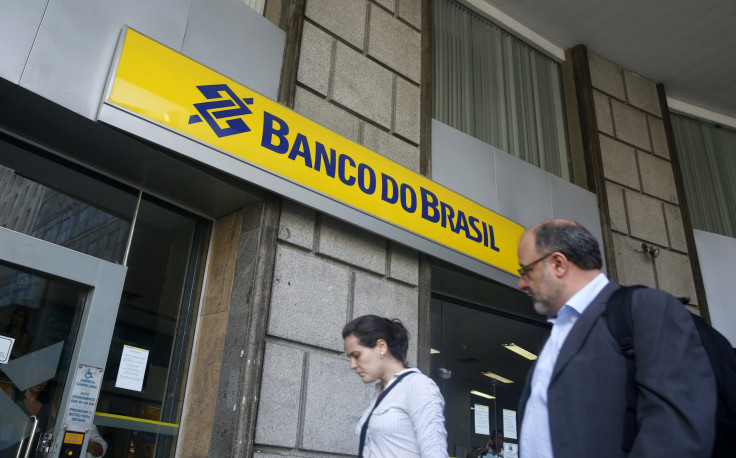Bad Corporate Loans Pose Risk For Brazil Banks: JP Morgan

By Guillermo Parra-Bernal
SAO PAULO (Reuters) -- A deterioration in the quality of corporate loan books poses the most obvious risk to Brazil's largest listed banks, which are wrestling with the nation's steepest recession in a quarter century, JPMorgan Securities said on Friday.
In a report, analysts led by Saúl Martínez said the nation's top banks are working actively with debt-laden borrowers to ease terms of their credit in order to improve loan affordability, while simultaneously asking for more guarantees. Their assessment was based on talks with industry players.
Such a move comes as banks seek to mitigate the earnings impact of worsening corporate balance sheets, with the country sinking into a recession, a corruption probe at state firms and plunging confidence magnifying the current crisis. At this point, Martínez said, "a small number of loans can have a big impact" on loan-related losses at banks.
"Unexpected losses can be greater for corporate loans given that average exposures to specific borrowers are much larger," the report said. "This is relevant as signs of financial strain in the Brazilian corporate sector are appearing."
His remarks underscore the uncertain outlook facing Brazilian banks. Brazil's economyshrank in recent quarters and is slated to contract this year and next, the first back-to-back annual declines since the 1930s.
Industrial output, retail sales and capital spending indicators have all tumbled over the past two years, with no sign of relief in the near term.
According to the analysts' estimates, if 10 percent of the loan balances of the top 100 borrowers were lowered from non-risk to risky categories, annual bank earnings would fall between 11 percent and 25 percent.
State-controlled Banco do Brasil SA (BBAS3.SA), the nation's largest by assets, appears more vulnerable to a turn in corporate credit quality than private-sector rivals Itaú Unibanco Holding SA (ITUB4.SA) and Banco Bradesco SA BBDC4.SA. Banco do Brasil also has a greater exposure to higher-risk industry groups than the latter banks, the report added.
However, while loan book quality in Latin America's largest economy could worsen and loan-loss provisions may rise, problematic industry cases are up slightly, indicating that the process of loan book deterioration may be in its early days, the report said.
Beyond corporate exposures, Bradesco appears to be more exposed to worsening conditions for small-sized firms, while Itaú's exposure is to unsecured personal credit, Martínez said.
Shares of Banco do Brasil fell 0.5 percent on Friday, while Bradesco shed 0.6 percent. Itaú gained 0.4 percent.
© Copyright Thomson Reuters 2024. All rights reserved.











